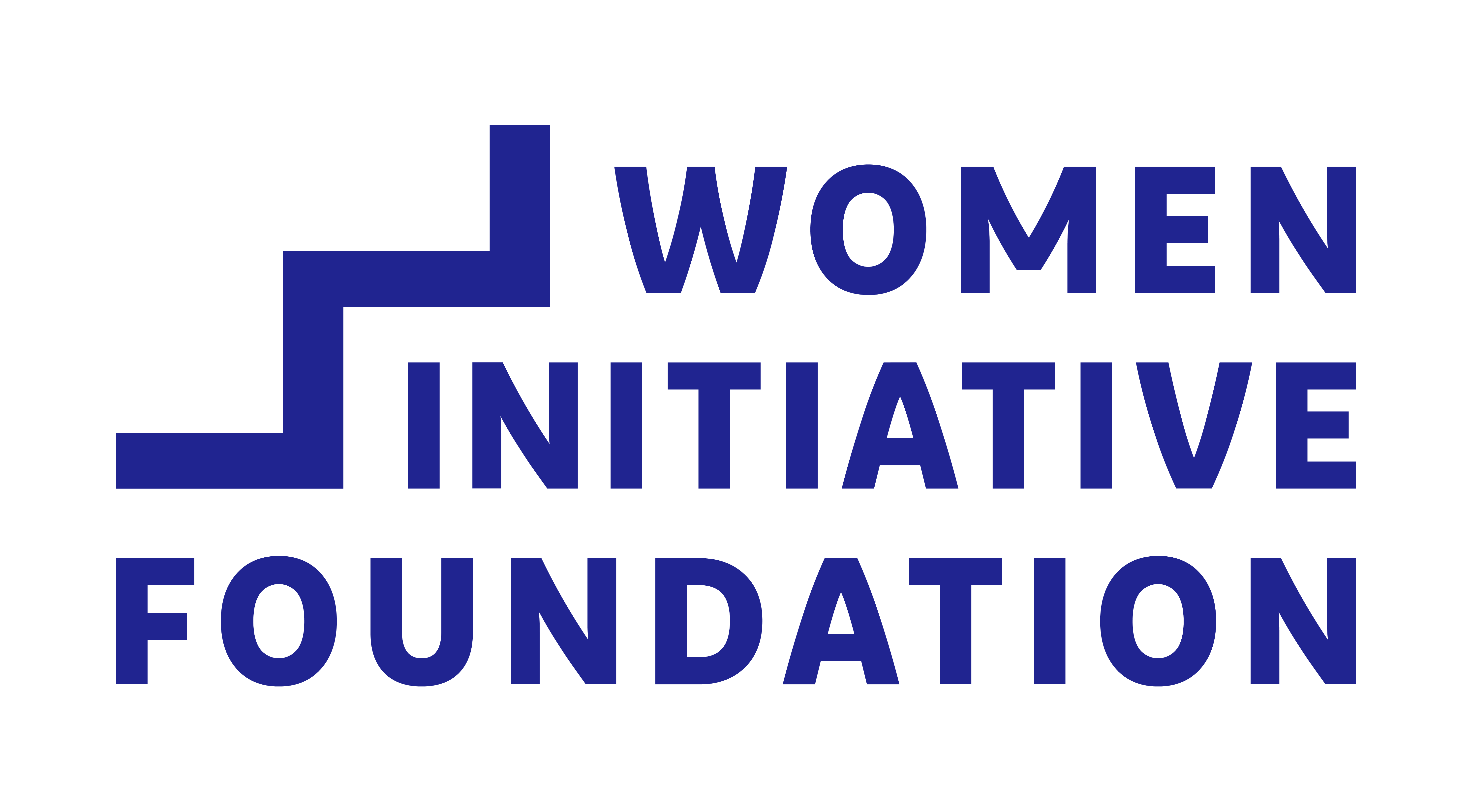Martine Liautaud denounces conformism in major corporations instead of valuing competence and true diversity.
Corporate diversity is a necessity. Way beyond a question of basic justice, it is a deeply concerning obligation if we want to succeed in a world of unprecedented changes.
If organizations don’t seek out talent wherever it’s to be found, if they don’t open up to different profiles, different origins, different experiences, different points of view, they won’t have the ability to assess and innovate which is key to reinvent themselves. Diversity is too often wrongly perceived as just a matter of parity but it is indeed a genuine strategy to value differences, whatever their nature (age, geographical origin, social class, education, for example).
If we refer to the CSR reports and websites of major groups, which readily echo this approach, and to the latest results of the Professional Equality Index, which show significant progress, the move seems well underway. Yet, no need to look very closely to notice that corporations don’t reflect our society. Ever since societal and regulatory pressure has put diversity and parity on the corporate agenda, companies have often approached them as ordinary performance and compliance issues, with their customary impatience for the short term. The priority is to show rapid, quantified progress, no matter what.
To put it mildly, diversity in French companies often means someone from the same social background, who went to the same school, who shares the same ideas, but wears a skirt.
This is not the way to proceed when it comes to such sensitive, structuring social issues.To move quickly, we tend to take shortcuts, make dead ends, and cut back on our demands. We neglect the basics of credibility and legitimacy. If an action is perceived as unjustified and biased, it will create frustration, mistrust, and resentment. Even when the intention is laudable, you can’t fight conformism with conformism, or injustice with injustice. The resistance of the social body is too strong, the patterns too internalized, and everything we’ve built will collapse with the first reactionary gust of wind.
The corporate race for diversity is a prime example of this. For the sake of simplicity and numbers, we often confuse diversity with a few criteria that would just need to be overvalued in the appointment and recruitment processes. In doing so, we fail to promote genuine diversity, since differences only exist on a limited number of aspects. It is barely a caricature that diversity in French companies often means someone from the same social background, who attended the same prestigious colleges, who shares the same ideas, but wears a skirt.
When competence doesn’t prevail, everyone loses out: society, which has made no progress towards greater equality, and the very idea of diversity, which is devalued and weakened.
Even worse, we end up selecting people who meet these diversity criteria, but not necessarily the other ones, starting with the one that should be considered first: competence. A recent study by the Women Initiative Foundation shows that two out of three men believe that today, there is a positive discrimination in favor of women. Whether they are right or wrong, or whether we think it’s just a matter of fairness, is not the point: the result is that they will leave the company and deprive it of their talent.
When competence does not prevail, everyone loses: the company, which doesn’t have someone who performs well; the person themselves who feel uncomfortable in a position they were not ready to take; the unhappyapplicants, who will feel a deep resentment; the teams, who have no consideration for a boss who appears illegitimate to them; society as a whole, which has not progressed towards greater equality; and, finally, the very idea of diversity, devalued and weakened by such examples.
We need total transparency to show that everyone has a chance, that choices are legitimate, that the selected talents are real, and that this policy is beneficial to the company.
To avoid falling into these counter-productive biases, it is imperative that managers recognize, the absolute necessity to promote real diversity – and not a fake conformity – as well as the fact that such a change will take time. Three factors are key to put an end to a policy of forced numbers and adopt a sustainable approach to diversity.
Firstly, we need to really expand the scope of profiles, with recruitment and appointment processes based on criteria free from old school prejudices and evaluation grids. Secondly, we need total transparency to show that everyone has a chance, that choices are legitimate, that the selected talents are real, and that this policy is beneficial to the company. And thirdly, we need to increase training, for example through intra- or inter-company mentoring, in order to create a reserve of diversity, i.e. a pool of varied, competent profiles who trust their abilities. This will take time, but it’s the only way to establish a positive change in companies and in society.
Translated from the original article published on the Figaro.fr website, read the article in French.





